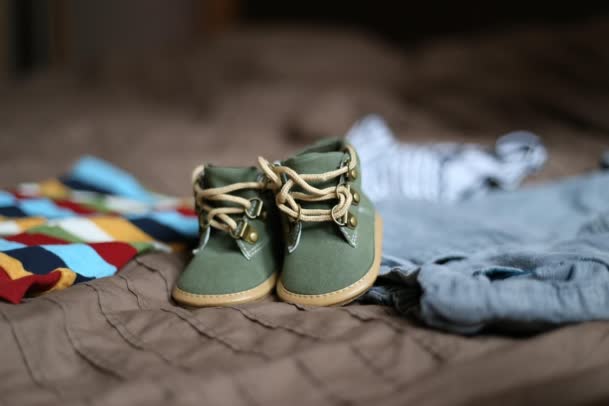
From the Fabric to the finishing
English Version
Discover moreLamberti Corporate

We all want to reduce the environmental footprint of the daily materials used and move from a Linear Economy to a sustainable Circular Economy. But today there are still technical gaps to be solved to achieve the desired performance.
It is difficult to realize a technical textile and synthetic material leather like, for sportsgoods, fashion industry or automotive, with the highest renewable content and the lowest environmental impact. It is very hard to obtain the same high standard, performance and quality when the textile to be treated is manufactured from new innovative and renewable origin, like for example hemp based fibers, regenerated microfibers or recycled fibers.
It is not only an aspect of chemistry and having the right product, but it is a combination also of a deep knowledge of manufacturing process, materials and capability to innovate.
We have realized that by using our waterborne technology we can manufacture biobased synthetic polymers with highest vegetable and renewable carbon content inside. We obtain a wide range of Biobased polyurethane and acrylic products, Rolflex® Bio, that can help to achieve the high quality standard for fabrics coated, impregnated or printed for the automotive, luxury and fashion industry.
Webinar at the World Congress on Textile Coating (WCTC), 11-12 & 18-19 February 2021
The innovative Rolflex® Bio and Esacote® PVC Top are applied following three different industrial manufacturing process working on extremely different and innovative renewable fabrics.
Our Rolflex® Bio, made by up to 70% of vegetable – renewable carbon and certified Bluesign® approved product, used in combination with renewable fabric and defined manufacturing process permit to gain the highest requirements of textile sectors as for example:
Ph.
+39 0331 715893Lamberti Corporate